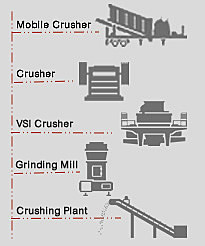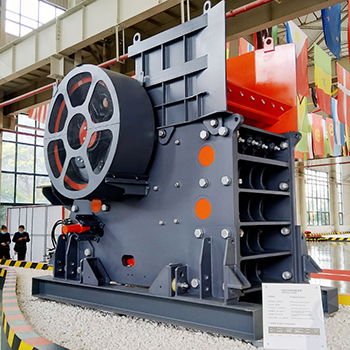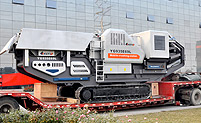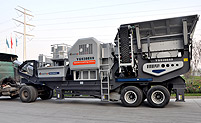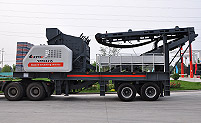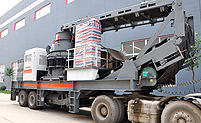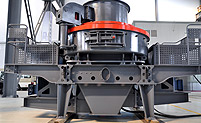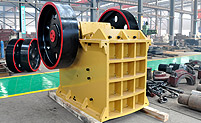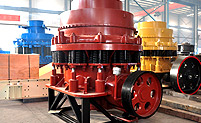limestone quarry mill in Uganda
limestone quarry mill in Uganda
Introduction to limestone quarry mills
Nestled in the picturesque landscapes of Uganda lies a hidden gem - limestone quarry mills. These mills play a crucial role in shaping the construction industry, providing essential materials for infrastructure projects and architectural wonders. Join us as we delve into the world of limestone quarry mills in Uganda, exploring their benefits, challenges, and sustainability practices that are paving the way towards a greener future.
Benefits and challenges of operating a limestone quarry mill in Uganda
Operating a limestone quarry mill in Uganda comes with its fair share of benefits and challenges. On the positive side, these mills play a crucial role in providing raw materials for various industries such as construction, agriculture, and manufacturing. The abundance of limestone deposits in Uganda makes it an ideal location for quarrying operations.
However, there are also challenges that come with running a limestone quarry mill. Environmental concerns like land degradation, air and water pollution can arise if proper mitigation measures are not implemented. Additionally, ensuring the safety of workers in the quarry is paramount due to the nature of the work involved.
Despite these challenges, many operators are embracing sustainability practices to minimize their environmental impact. Implementing efficient mining techniques, reclamation efforts, and investing in eco-friendly technologies are some ways these mills are working towards sustainable operations.
Operating a limestone quarry mill in Uganda presents both opportunities and obstacles that require careful management and commitment to sustainability practices.
Sustainability practices in the industry
Sustainability is a key focus in the limestone quarry mill industry in Uganda. Many companies are implementing practices to minimize their environmental impact and promote long-term viability. One common approach is reclamation, where quarried land is restored to its natural state after extraction activities are completed.
Additionally, some mills are investing in energy-efficient equipment to reduce their carbon footprint. By using renewable energy sources such as solar or wind power, these mills can operate more sustainably while also cutting down on operational costs. Water conservation efforts are also being prioritized, with many mills implementing recycling systems to minimize water usage during the production process.
Furthermore, community engagement initiatives play a crucial role in promoting sustainability within the industry. By collaborating with local stakeholders and supporting social development projects, limestone quarry mills can foster positive relationships with surrounding communities while contributing to overall environmental stewardship.
Conclusion
Limestone quarry mills play a crucial role in Uganda's construction industry by providing essential raw materials for infrastructure development. Despite the challenges of environmental impact and community relations, operating a limestone quarry mill can bring significant benefits to the economy and society. By embracing sustainable practices such as reforestation, water management, and biodiversity conservation, the industry can mitigate its negative effects and contribute to long-term environmental stewardship. With careful planning and responsible operations, limestone quarry mills in Uganda can continue to support growth while preserving the natural beauty of the region for generations to come.

